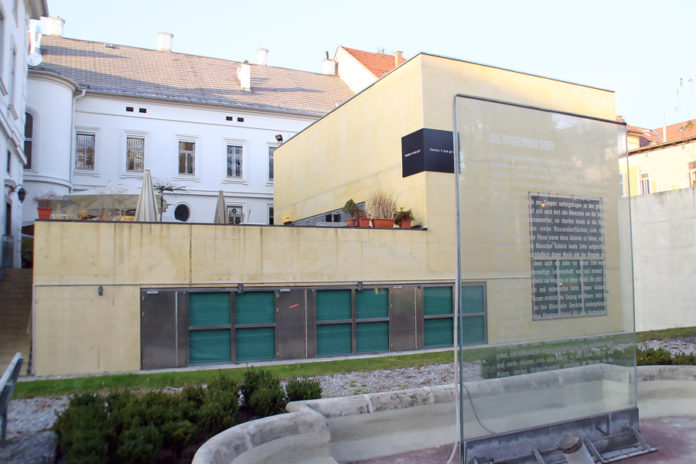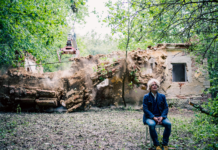
The Corona Diaries in the Literaturhaus Graz.
The Literaturhaus Graz publishes every Friday a new edition of it ́s “Corona Diaries”. More than 20 authors participate in the project from their home exile. Most of them should have been guests with readings from their work at the Literaturhaus Graz spring program. These include Valerie Fritsch, Kathrin Röggla or Daniel Wisser, but also Birgit Birnbacher or Thomas Stangl.
“We started this project because we think that we are in need of the reflective power of literature to deal with this crisis. Internally, socially and itellectually,” says Klaus Kastberger, head of the Literaturhaus Graz. “We are on a good advise not to see the Corona period as an interruption of life, but as an essential part of it.” Because this time is accompanied by many small impercep- tible changes.
“The tone changes rapidly, instructions are given to the staff, orders, they have to be implemented immediately, remove all pictures, stow away the books in the corridor, everything that cannot be disinfected shall be replaced to the basement immediately, from now on these rooms are used as an isolation station for infected people, yesss. We try to get used to it, no discussions, steep hi- erarchies, no decision trees, constantly washing and disinfecting hands, wearing masks, security checks at the entrance. And then the question: Do we get used to it in a way that we can’t imagine it any other way afterwards?”
noted Melitta Breznik on March 27th in her Corona-diary entry. The crisis also shows us the paralysis of a society trimmed for self-optimization and self-fulfillment. Valerie Fritsch writes on March 29th:
“Catharsis fantasies are emerging everywhere, people want to purify themselves and make the best of everything. One might think that some people would not be able to clean up the apartment, clean the bathroom, cook Kaiserschmarrn without an unprecedented crisis. Those who can afford to think about themselves, experience the awakening of the self, as if it would require a higher power to make you think about your own desires and limits.“
Klaus Kastberger is aware of the economic challenges of many authors in these days. For many, reading fees are an essential part of their basic income, which they now lose for months due to the Corona crisis. The Corona-diaries project of the Literaturhaus Graz should therefore provide at least some compensation. “By doing this project, we also have the opportunity to immediately pay authors fees. The authors deliver a text once a week and are honored accordingly by the Literaturhaus Graz”, says Kastberger. Thomas Stangl sent the following text on March 13th:
“Ideas to do something good: order books in bulk from small bookstores, tip the cashiers in the supermarket, etc. Even the ideas of doing good are limited.”
It seems as if the state is far ahead of the capacities for imagination of its citizens at the moment. Robert Pfaller noted on March 17th:
“It’s refreshing to see that the state can act if he wants to! We weren’t used to that in the past decades. ”
In order to further expand his capacity to act, the state even wants to use tracking apps. But despite their permanent online connection, IT programs do not even master the simplest problems, as Daniel Wisser noted on March 26th:
“The automatic spell check underlines the ex- pression “toilet paper shortage”.
Content only available in german language.
Literaturhaus Graz – Corona-diaries:
www.literaturhaus-graz.at
Online Guide for smalle bookshops: www.creativeaustria.at/onlinebuchhandlungengraz











